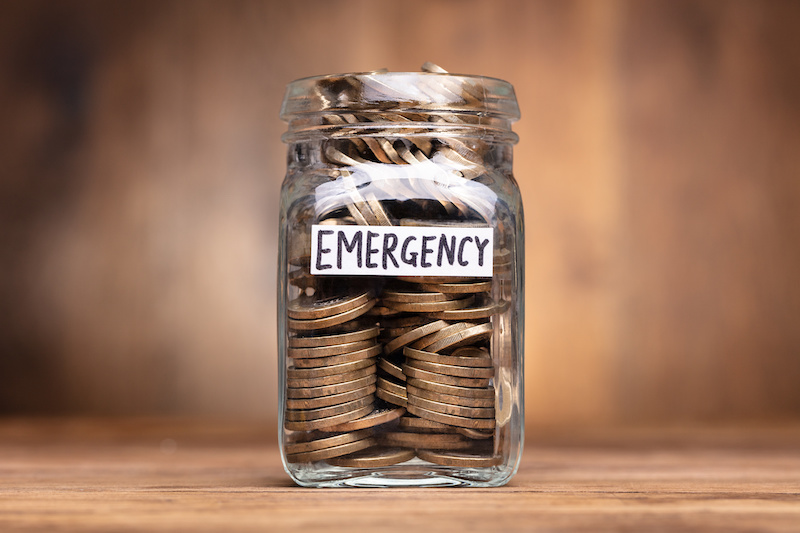
There is no better time than these trying times of pandemic to realise the importance of an emergency fund. It is during these difficult days of sickness, job cuts, and market crash, when an emergency fund has safeguarded the financial needs of a lot of people. However, only keeping aside an emergency fund is not enough. It is equally important to keep it updated by rebalancing it periodically.
What is an emergency fund?
An emergency fund is a corpus that comes to your aid in contingencies for unexpected expenses. It acts like a financial net and braces you against any unforeseen circumstances and emergency financial needs. You can use this emergency fund to pay for your immediate needs like education fees, unavoidable household expenses, health care cost etc. According to the thumb rule of financial planning, your emergency fund should be equal to at least six months of your total expenses. It could be more than six months, if the prospect of losing your job is high, or you are an entrepreneur who does not have a fixed income or even if you have health issues.
Experts opine that you should revisit your emergency fund from time to time and top it up with the changing financial needs. Here are some factors that you should consider while rebalancing your emergency fund.
Invest in the right instrument
For financial security you should park your funds in instruments that have an appreciative value, have high liquidity and can face inflation when the need arises, for example, in mutual funds. Mutual fund investments help you diversify your portfolio and are a lucrative option for the long term. There are various types of mutual funds which you can choose as per your financial capability and risk tolerance. You can easily invest in mutual funds with an amount as low as Rs 100. Moreover, investing in mutual funds is easy. You can look for informative portals and easily invest in mutual funds online.
Revisit your expenses
Living expenses are never constant. There could be a rise or decline in your living expenses from the time you created the fund. So, while rebalancing your emergency fund, it’s important to make provisions for these material changes.
Do not confuse it with insurance
The emergency fund is not a substitute for insurance. Therefore, avoid allocating those expenses in your emergency fund which can be easily covered with an insurance policy. For example, if you have put aside funds for minor vehicle accidents or repair costs or medical expenses, you might need to make appropriate changes.
Keep wants and needs separate
There is a difference between your wants and needs and you should consider this while reviewing your emergency fund. Your emergency fund should have a provision for your living expenses like food, shelter, education bills, utility bills etc. Whereas lifestyle expenses like Leisure, entertainment, vacations, etc can be cut down during an emergency and it’s better not to deplete your emergency fund for them.
Conclusion
The significance of an emergency fund has never been as apparent as now when the world has come to a standstill. Having an emergency fund is one of the best financial decisions to survive during unforeseen circumstances. However, for maximum effectiveness, it is important that excess expenses are trimmed, and necessary expenses are prioritised from time to time. Happy investing!